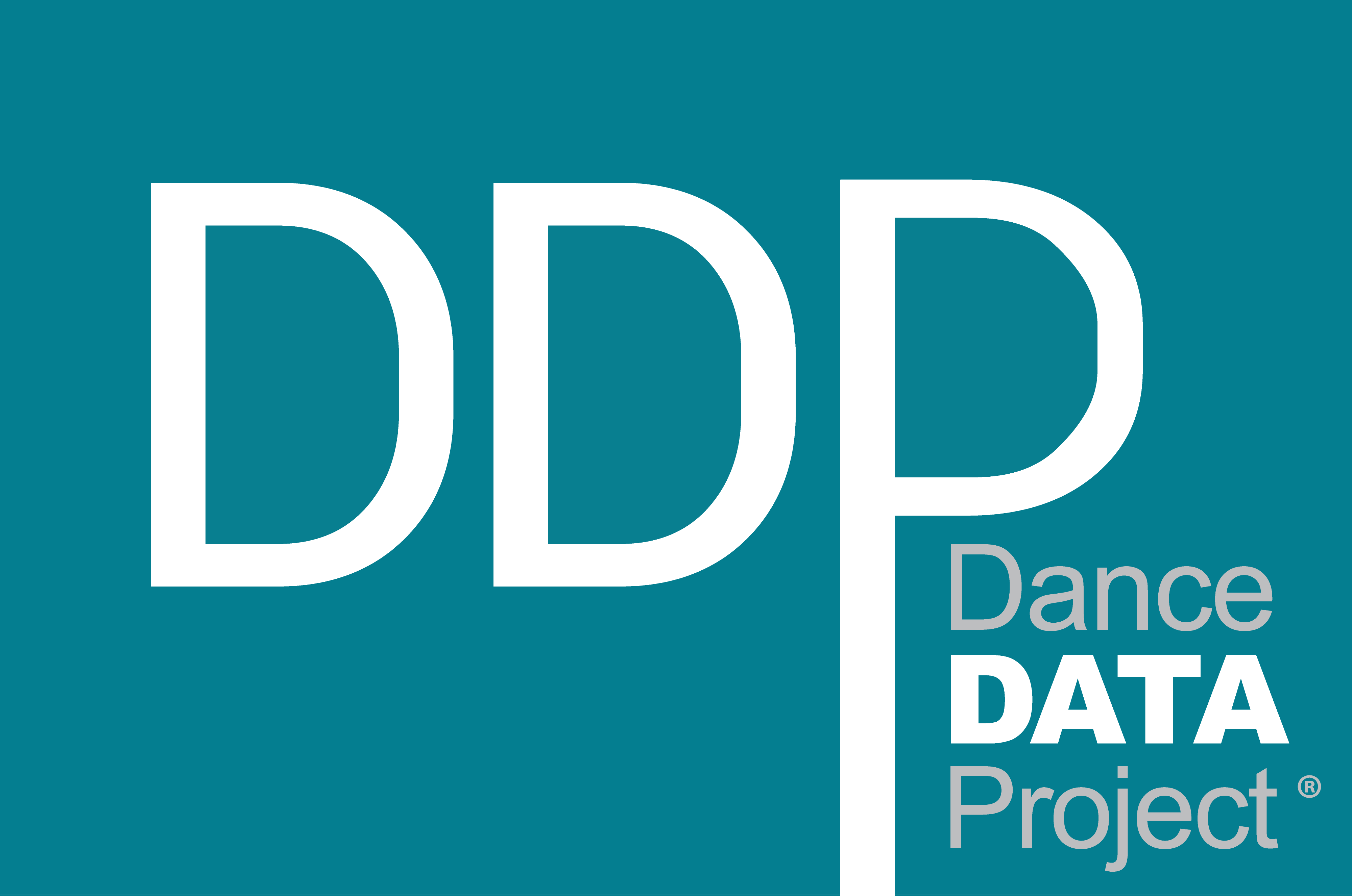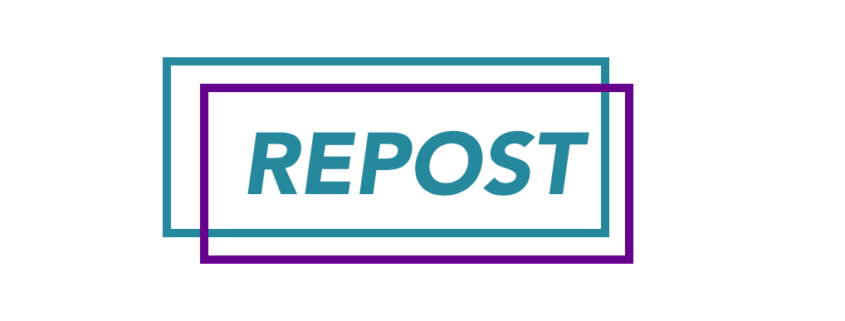11 March 2021
By Rebecca Sun
As Hollywood companies and affiliated organizations scramble to hire diversity experts and strategists as part of their public commitments to inclusion, management consulting powerhouse McKinsey & Co. has applied its analytic expertise to the industry as a whole in a report diagnosing the experience of Black professionals working in entertainment.
Penned by McKinsey partners Jonathan Dunn, Sheldon Lyn and Ammanuel Zegeye and consultant Nony Onyeador, Black Representation in Film and TV: The Challenges and Impact of Increasing Diversity declares that collective, system-wide action is imperative for reform. “In any given week, let alone an entire career,” the report’s authors write, “a professional working in Hollywood might have to traverse multiple separate entities — agencies, unions and guilds, studios, networks, production houses, financiers, festivals, critics and awards establishments.” Because of the industry’s unique structure of “tight-knit, interdependent networks,” “small and informal” work settings and “temporary and contract-based” work, “a single company’s efforts to change the racial dynamic inside its own four walls can do only so much for the entire ecosystem.”
The report comes eight months after McKinsey declared in July 2020 that it would devote $200 million in pro bono work to advancing racial equity and Black economic empowerment. The consulting firm, which last month published Race in the Workplace: The Black Experience in the U.S. Private Sector, set its sights on Hollywood after The Black List founder Franklin Leonard (a former McKinsey analyst) reached out to the company and put it in touch with the BlackLight Collective, an informal group of 90-plus Black entertainment industry leaders who have quietly been working behind the scenes to support the community and effect tangible reform.
“Major media companies pay McKinsey to help them navigate difficult business situations,” Leonard tells The Hollywood Reporter, adding that the significance of this report is McKinsey’s reputation as a corporate entity squarely focused on business efficiency. “So why not get the people that they normally pay to do this work, to tell everybody this is what the reality is, this is how much money you’re leaving on the table, and this is the way forward?”
Drawing from research both qualitative (more than 50 one-on-one interviews with Black and non-Black industry participants) and quantitative (a compilation of studies from UCLA, Nielsen, USC Annenberg Inclusion Initiative, Variety and more), the McKinsey report establishes a familiar statistical foundation that finds Black professionals proportionately underrepresented both on- and offscreen (the authors note that “the prominence of certain films and TV series with Black leads obscures [that] fact”).
However, one original finding is likely to have even the most jaded and change-resistant industry gatekeepers take notice: The McKinsey report estimates that the $148 billion film and TV industry is leaving more than $10 billion in annual revenue on the table by not resolving its inequity issues when it comes to Black inclusion — a potential loss of 7 percent. This estimate is based on the consulting firm’s projection of profits in a more equitable ecosystem, one that has “[closed] the representation deficit for Black off-screen talent, [achieved] production and marketing budget parity, and [given] Black-led properties equal international distribution.”
Read the full article here.






Leave a Reply
Want to join the discussion?Feel free to contribute!